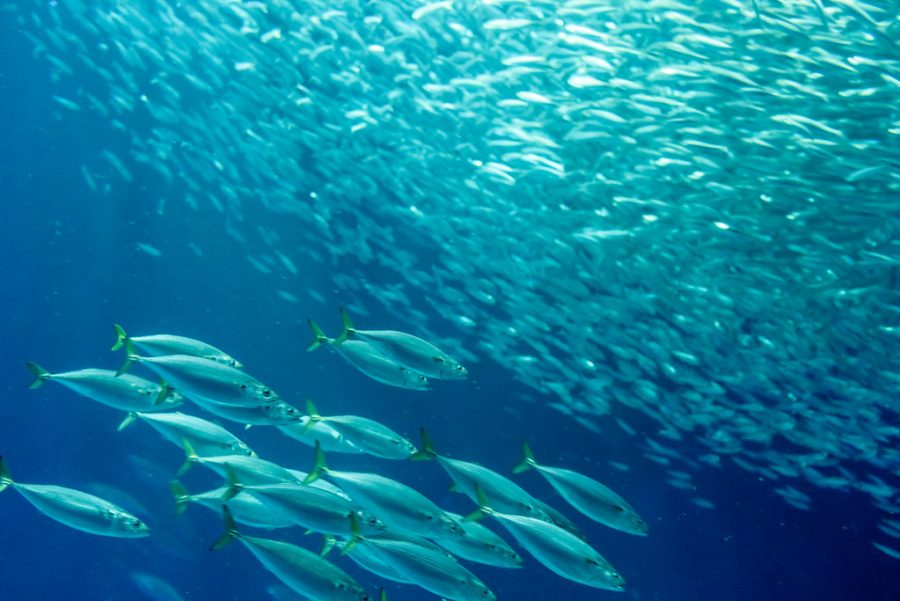I travel to the ocean many times a year, often hoping to see some of the amazing wildlife this world has to offer. Because I love the ocean, it’s distressing to learn that the levels of oxygen in the earth’s oceans are dropping dramatically. As a result of these lower levels of oxygen, animals of all kinds are having to move up higher in the water column, making them prone to over fishing.
According to CBS News, “The International Union for Conservation of Nature (IUCN) released the largest report of its kind — combining the efforts of 67 scientists from 17 countries — at the global climate summit in Madrid on Saturday. It was found that the oxygen level of the ocean has declined by about 2% since the 1950s.”
As humans it is our duty to maintain our planet so that future generations don’t have to feel the repercussions of our actions.
About 60 years ago, roughly 45 ocean sites suffered from low oxygen levels. That number jumped to 700 in 2011. According to the study, about 50% of oxygen loss in the upper part of the ocean is a result of temperature increase.
The oceans are also warming as a result of the burning of fossil fuels. The problem with this is that warm oceans hold much less oxygen and are more buoyant than cooler water. This buoyancy makes it very hard for the oxygen to get deeper into the water column and makes it harder for animals that prefer deeper water to breath.
Another problem is that plant life is rapidly growing due to fertilizer run-off into waterways, sewage, animal waste, aquaculture and nitrogen deposition from the burning of fossil fuels. The increased plant life leads to a lack of oxygen and higher
The major concern is that deoxygenated waters produce greenhouse gases, including carbon dioxide and methane, that are eventually released into the atmosphere. Greenhouse gas levels in the atmosphere were record high in 2018, according to the World Meteorological Organization.
Deoxygenated waters also make it harder for ocean animals lower in the water column. If they are unable to breath they have to move closer to the surface where there is more oxygen in the water and that leaves them prone to over fishing.
Many people say that reversing ocean deoxygenation is something that we shouldn’t invest our time into because it just isn’t significant at this time and we would be better off focusing our attention somewhere else. However, the problem with this attitude is that the world hasn’t fully felt the effect of the oceans being low in oxygen. Many animals rely on the deeper waters of the ocean and if they are unable to receive any oxygen there then they might die.
In order to fix this issue of deoxygenation, we must quickly work together and find a solution. This process will take a very long time it’s not something that just changes overnight.
The first things that can be done is that we can produce much less greenhouse emissions. This will result in the cooling of the oceans and allow for oxygen to reach deeper waters. This would also help solve many of the other problems that the world faces.
Another thing that can be done is that we put bans on many fertilizers near the oceans. Fertilizers once they get into the water supply cause the algae to grow at rapid rates. The bacteria that are then needed to break down the algae take most of the oxygen out of the water in the surrounding area and this often causes fish kills
Humans rely on our oceans more than we realize. The oceans help stabilize global temperature and is the largest food source in the world. It’s time that we get something done before we make a huge mistake.
Categories:
The world's oceans are suffocating
January 23, 2020
0






